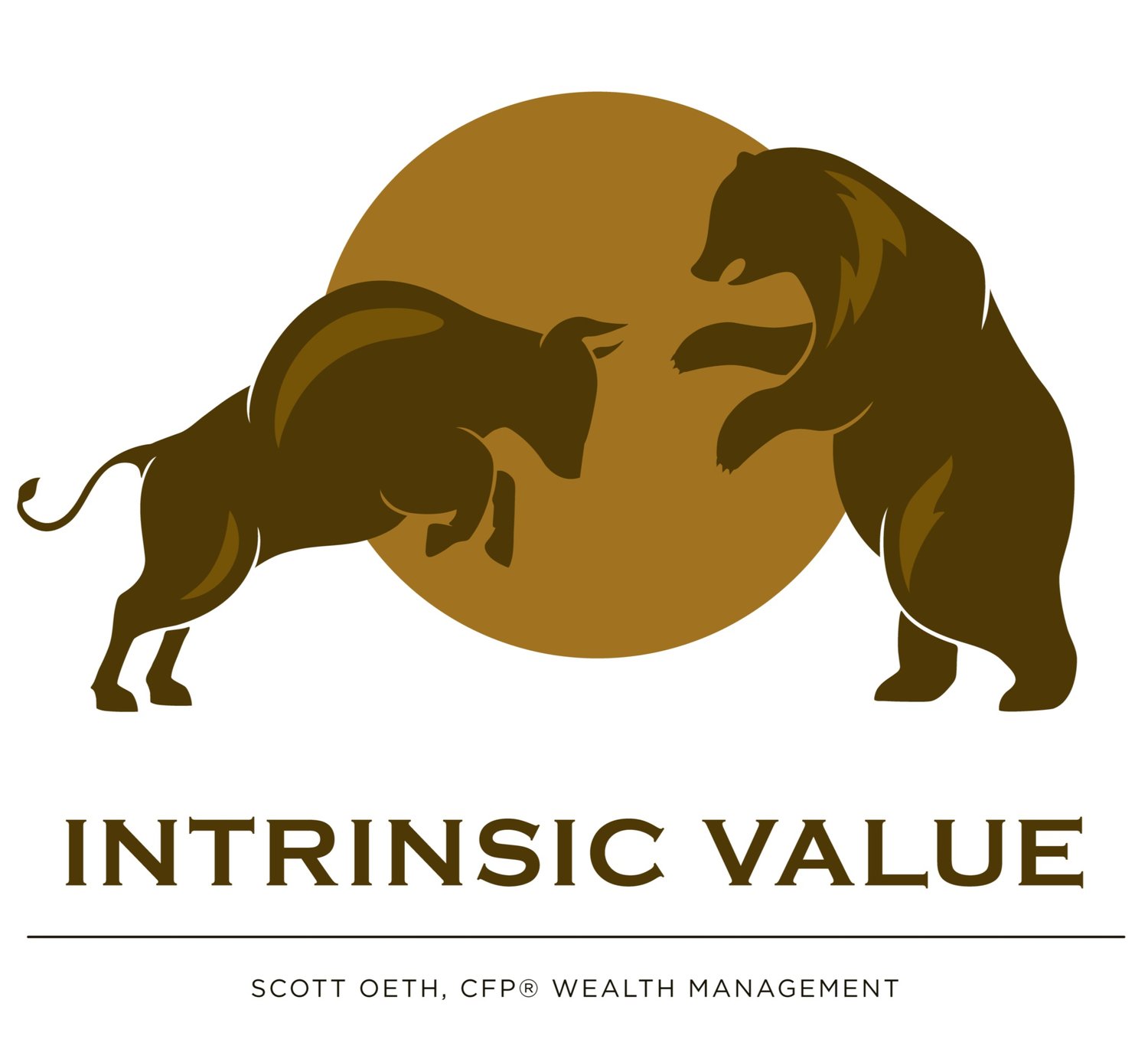What is the Value of Money?
When Jonathan Clements, a long-time personal finance columnist for The Wall Street Journal, decided to leave the WSJ after 14 years on the job, he attempted to summarize what he’d learned about money in his final column on April 9, 2008. Titled, “Parting Shot: What I Learned from Writing 1008 Columns,” Clements asked, “What is the reason for all this saving and investing?” His conclusion was that peoples' sole purpose for saving money was not necessarily to try to buy happiness through a luxurious, product-filled life, but rather, through proper planning and management, to enhance a person's quality of life in three major ways:
If you have money, you don’t have to worry about it.
Money can give you freedom to pursue your passions.
Money can buy time with friends and family.
Of course, you can easily argue the counter side of each of these statements, and Clements admits as much: just because you have money doesn’t mean that you won’t worry about it, and the time, effort, and focus required to build wealth can easily detract from hobbies and family time. However, if Clements’ three statements align with how you'd like to live your life, financial resources can certainly make it easier.
How do you Define the Value of Money?
At any given moment, we can determine how many Euros one U.S. dollar will buy, what it will cost to borrow $1 over 30 years, or how many dollars you would have to pay to buy $1,000 worth of a particular insurance benefit given some uncertain event. Those are all different looks at the "cost" of money, but what really is the value of money?
Early on, a manager told me during training that when evaluating a financial decision point, “more money is always better than less money.” Is this true? Of course not. Certainly it isn’t true when obtaining that “more money” requires you to sacrifice other higher-ranking life priorities--especially if you've already reached a level where you have essentially pre-funded your future spending needs. The numbers can help you determine if you've accumulated “enough” wealth for your needs, so you can then focus on other passions and stop worrying about money, but those numbers don't define value the same way for everyone.
So, how do you define the value of money? However you choose to answer that question, buying a life that you value surely must be one of the greatest uses of funds and measurements of wealth. In a constantly shifting landscape with changing economic and personal situations, it's important to periodically reevaluate the value of your money.
